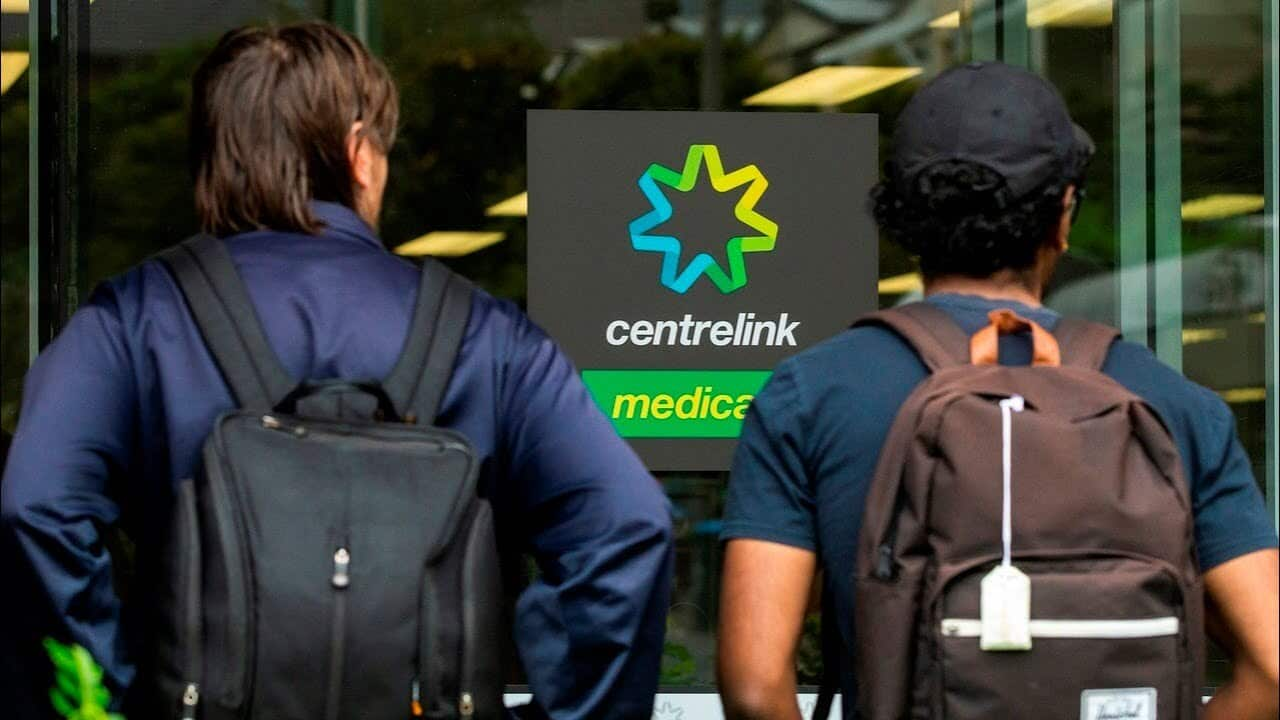About 1.2 million unemployed Australians on the JobSeeker payment will receive an extra $3.57 a day, or $50 a fortnight, after the $150 coronavirus supplement ends on 31 March.
Prime Minister Scott Morrison made the announcement on Tuesday after years of campaigning by welfare organisations, business groups and opposition politicians who argued the pre-pandemic rate of .
"I want to assure all Australians, I can tell you, nothing will distract me or my government from my pledge to them to save lives and save livelihoods," Mr Morrison told reporters on Tuesday.
The modest increase lifts JobSeeker to 41.2 per cent of the national minimum wage and will cost $9 billion over four years.
It takes the post-March payment rate to $615.70 a fortnight, or just under $44 a day, well below the $25 a day increase called for by the Australian Council of Social Service.
ACOSS chief executive Cassandra Goldie said on Monday JobSeeker recipients were struggling to afford rent, food, medication, and bills even with the coronavirus supplement, which took the fortnightly payment to $715.70.
"As we continue along what will be a long, hard road out of recession, we cannot leave millions of people behind in poverty, which is clearly inhumane makes no economic sense," she said.
"For far too long, our unemployment payment, which is the lowest in the OECD, has been brutal and inhumane."
Strengthening of mutual obligations
The increase comes with a strengthening of mutual obligation requirements.
Employment Minister Michaelia Cash said the number of job searches someone on JobSeeker must do per month will increase to 15 at the end of March and then return to the pre-pandemic number of 20 at 1 July.
They will also have to do a short course or work experience after six months on the payment.
Significantly, an “employer reporting line” will also be set up, enabling employers to directly contact the government about people who turn down job opportunities.
“If someone does apply for a job, they’re offered the job and they’re qualified for the job but they say no, the employer will now be able to contact my department and report that person as failing to accept suitable employment,” Senator Cash said.
“This will then mean that my department can follow up with that person, or alternatively, Jobactive can follow up with that person to ascertain exactly why they said no to a suitable job. In the event that they do not have a valid reason, they will be breached for that.”
The government will also increase the income-free area by $150 a fortnight from 31 March, meaning recipients are able to earn more money before their payments are reduced.
Social Services Minister Anne Ruston said the package of measures was “clearly about getting the balance right”.
“We need to support people while they're looking for work, we need to create incentives so they want to look for work,” she said.
“We need a system that is fair and sustainable for the people who need it and the taxpayers who pay for it.”
At the height of the pandemic last year, JobSeeker, Youth Allowance, and Austudy recipients received a supplement of $550 per fortnight - which was scaled back as the economic crisis lessened.
Here's where else you can find our content and follow us:
SBS also publishes news in 68 languages online and on radio. Find your language at and specific health information about COVID-19 at












